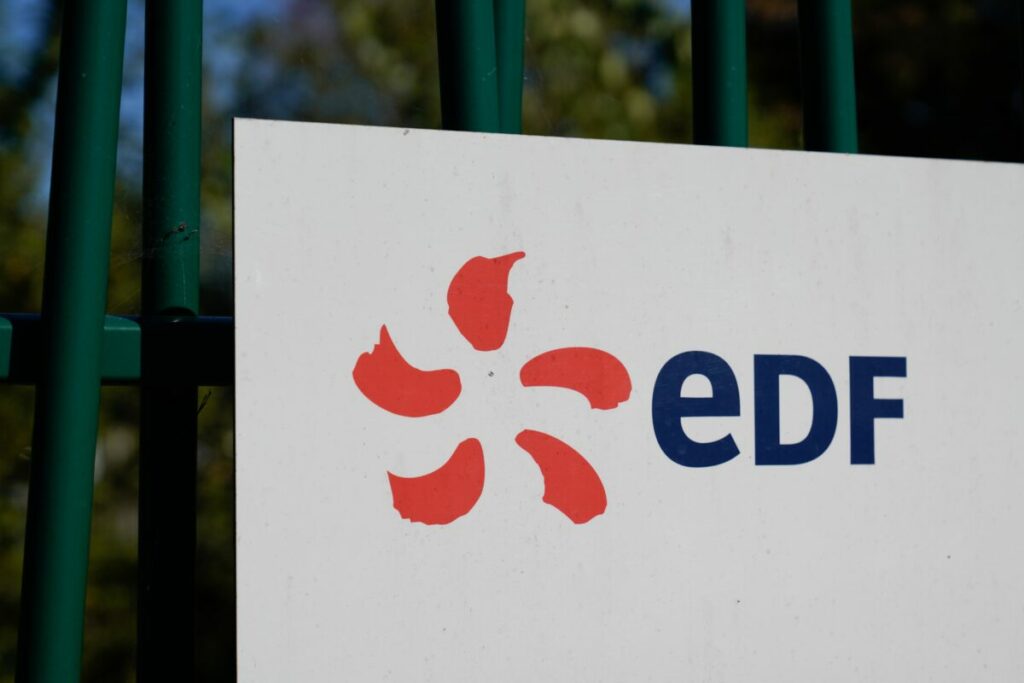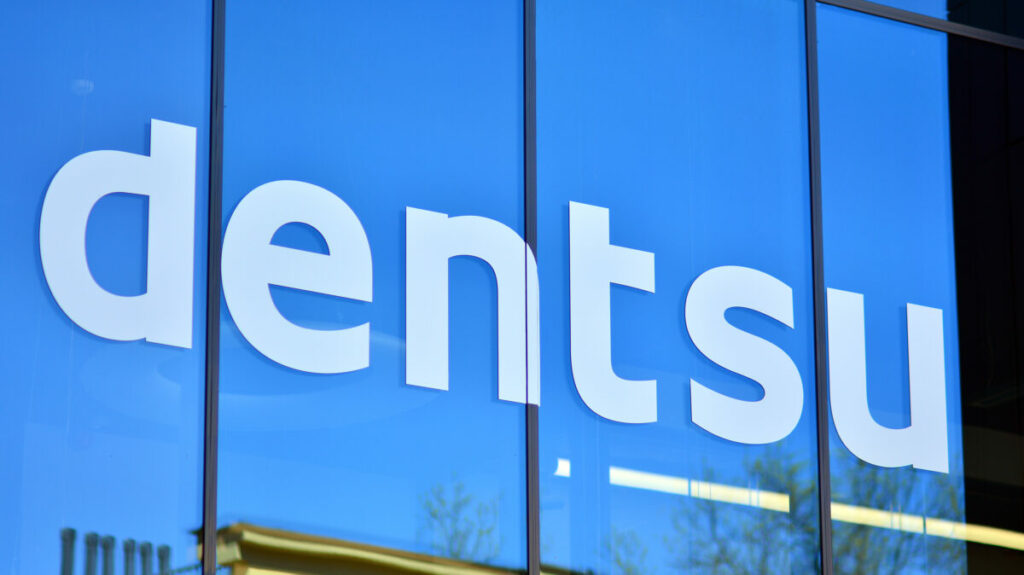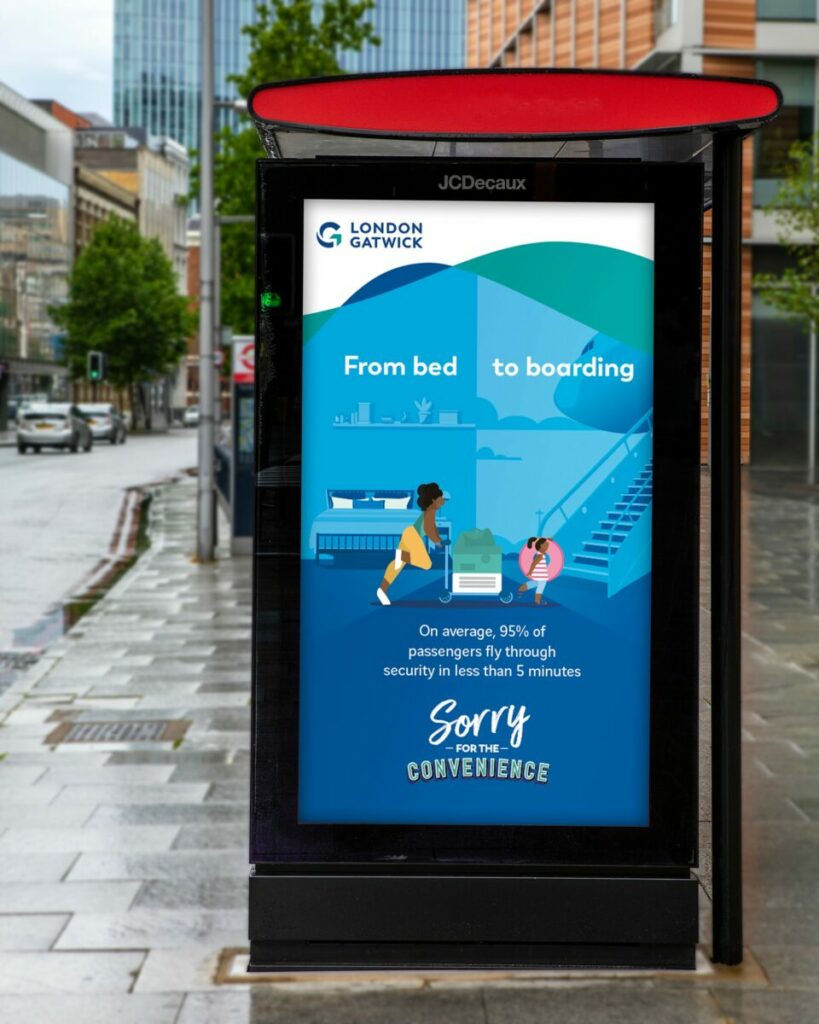The government is to clamp down on fake reviews of products ranging from ‘train tickets to food deliveries’, in an attempt to help consumers with the cost of living crisis.
New consultations launched this week aim to improve ‘transparency, fairness and clarity for customers as they shop’ and form part of the government’s ongoing work to support people with the cost of living.
Announced in the Digital Markets, Competition and Consumers Bill (DMCC), the consultations seek views on measures to stop fake reviews.
The ambition is to make sure that both consumers and traders can still trust reviews that reflect real experiences while cracking down on the purchase and sale of fake reviews, and ensuring that companies take responsibility for the reviews on their websites.
In addition, the DMCC Bill will crack down on ‘unfair behaviour’ by a small number of leading tech companies, tackling issues such as subscription traps.

Subscribe to Marketing Beat for free
Sign up here to get the latest marketing news sent straight to your inbox each morning
The consultations follow new research, commissioned by the prime minister in June, that investigated fake reviews, confusing labels and hidden fees in products.
A second consultation will look at ‘drip pricing’ – where the price paid at checkout is higher than originally advertised due to extra, but necessary, fees – while another will focus on simplifying labelling on goods.
“Today’s measures will help people keep hold of their hard-earned cash and ensure they have the clearest and most accurate information upfront before they make a purchase,” said minister for enterprise, markets and small business Kevin Hollinrake.
“From the shelves of supermarkets to digital trolleys, modern-day shopping provides a great wealth of choice.
“But fake reviews and hidden fees can make those choices increasingly confusing and leave customers unsure about what product is right for them,” Hollinrake added.
Which? director of policy and advocacy Rocio Concha added: “Our research shows that fake reviews jeopardise consumer trust and are harmful to honest businesses that don’t purchase or incentivise people to post positive reviews.”














